Regardless of financial independence
One of the important highlights in Resolution No. 71-NQ/TW of the Politburo on breakthroughs in education and training development is that vocational education plays a key role in developing a highly skilled workforce. This affirms the role of vocational education in the process of national development.
One of the contents mentioned in the task group of solutions on strongly innovating institutions, creating special and outstanding mechanisms and policies for education and training development is to ensure full and comprehensive autonomy for higher education institutions and vocational education institutions regardless of the level of financial autonomy. Complete regulations on staffing, standards, conditions, recruitment and appointment processes for professors, associate professors and other lecturer positions in accordance with international practices and Vietnamese reality.
On that basis, universities and vocational education institutions are assigned to decide and implement in accordance with their school's conditions, decide on recruitment, hiring of lecturers, appointment of leadership and management positions for talented people from abroad.
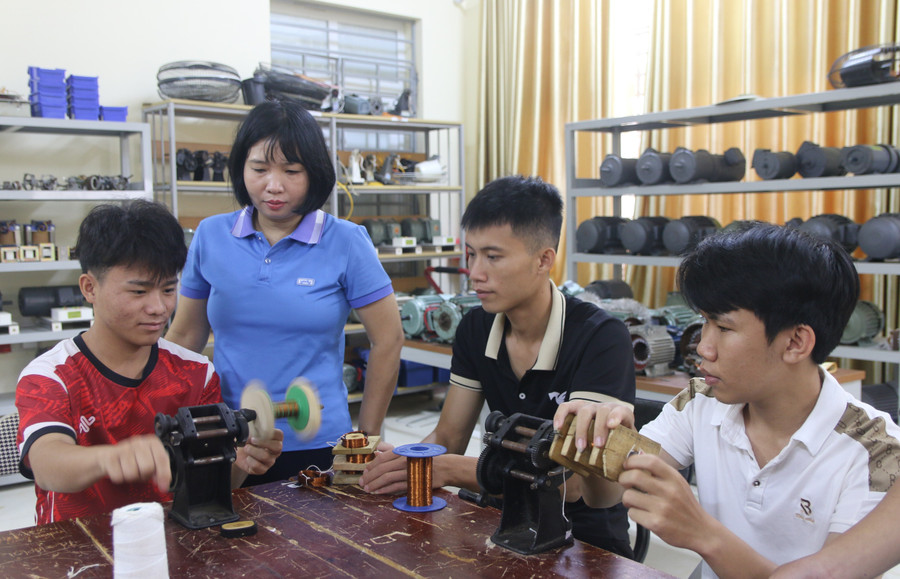
Mr. Lo Viet Tuyen, Principal of Lai Chau College said: "I am particularly impressed, agree with and highly appreciate the policy of prioritizing investment in higher education as reflected in the Resolution of the Politburo this time."
According to Mr. Tuyen, not depending on the level of financial autonomy creates an open mechanism for education and training. Increase the level of autonomy for vocational training institutions, especially those with difficulty recruiting students. With practical tasks and solutions, Resolution 71 is expected to help higher education and vocational training institutions become more autonomous and effective.
“Previously, educational institutions often focused on financial autonomy. Changing our thinking about autonomy will help us be proactive in terms of finance and human resources. Then, we can be autonomous in terms of content, methods, academics, and human resources for management, teaching, and performing other tasks,” Mr. Tuyen informed.
Creating opportunities for vocational education institutions to make breakthroughs
Lai Chau College is the only vocational training institution in Lai Chau province. The school has the task of training and fostering human resources at intermediate, college and lower levels. Along with that, it links university and postgraduate training, international cooperation, research and application of science and technology to serve the socio-economic development requirements of the province and society.
The school currently maintains about 1,300 students, including vocational training links with the Continuing Education and Career Guidance Centers of the previous districts. The school is organizing teaching and training in 12 professions.
According to the target of Resolution 71, by 2030, the network of higher education and vocational education institutions will be appropriately arranged and invested in upgrading. Strive for 100% of higher education institutions and at least 80% of vocational education institutions to meet national standards.
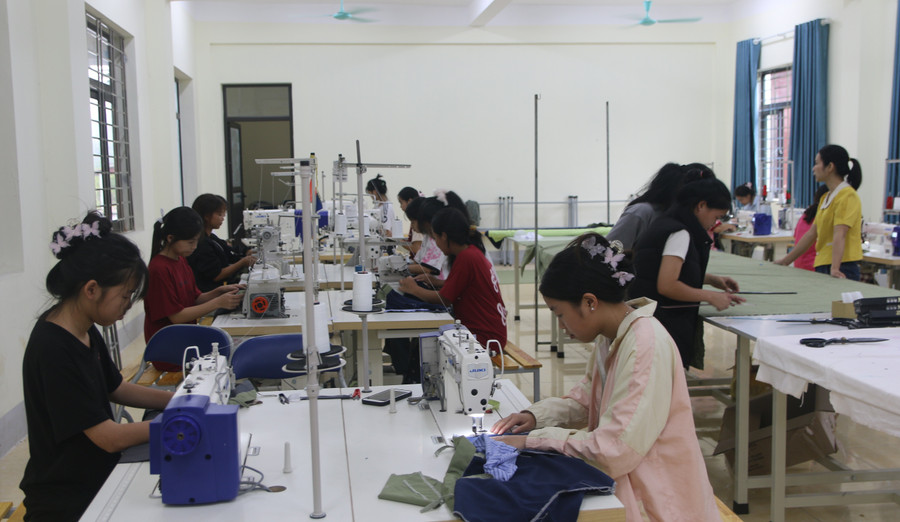
Resolution 71 also stipulates fundamental innovation in financial mechanisms and policies and investment in education and training. Allocating the state budget to higher education institutions and vocational training institutions based on mission, quality and efficiency according to a unified mechanism throughout the sector; prioritizing orders and assigning tasks to key sectors and fields based on output results.
“This is a great opportunity for the school to invest in equipment. The school strives to become one of the national standard units by 2030. To achieve that goal, along with real teaching, real learning, real quality, the school hopes to continue to receive attention and investment to focus on multi-disciplinary training,” Mr. Tuyen expressed.
According to Mr. Tuyen, currently the demand for learning among the majors is uneven, the imbalance between teachers and training professions is increasing, many professions have high demand for students to register but schools do not have enough lecturers and teachers to teach. Inviting guest lecturers to teach majors/professions that lack teachers still faces many difficulties.
Therefore, when not depending on financial autonomy, the school can take the initiative in contracting guest lecturers or linking with school units to teach training professions. Thereby solving the shortage of teachers and lecturers, creating conditions to continue to innovate training in the direction of integrated teaching, teaching what employers need to meet social needs and continue to build and develop a number of new professions.
On September 8, the People's Committee of Lai Chau province issued a document directing the Department of Education and Training to coordinate with relevant departments, branches, localities and units, including Lai Chau College, to proactively study and advise the Provincial People's Committee to develop a draft Action Program or Plan of the Provincial Party Standing Committee to implement Resolution No. 71, and submit it to the Lai Chau Provincial People's Committee for consideration before September 15.
Source: https://giaoducthoidai.vn/giao-duc-nghe-nghiep-o-vung-kho-tang-co-hoi-but-pha-tu-nghi-quyet-71-post747883.html




![[Photo] Thac Ba Lake: Towards an international-class tourism, resort and cultural center by 2040](https://vphoto.vietnam.vn/thumb/1200x675/vietnam/resource/IMAGE/2025/9/12/0940443efe0a427b88707caadba1cc41)



![[Photo] Where the history of resistance comes alive with modern technology at "95 years of the Party Flag lighting the way"](https://vphoto.vietnam.vn/thumb/1200x675/vietnam/resource/IMAGE/2025/9/12/81c1276f52b849c8b16e2d01dd1c85e4)

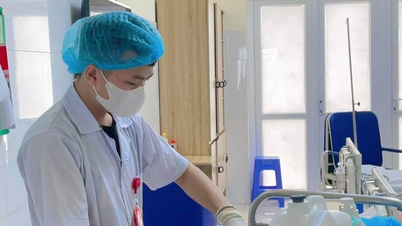




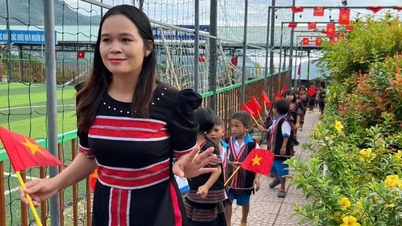

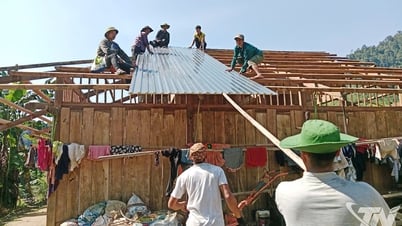




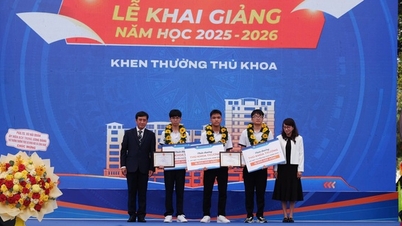









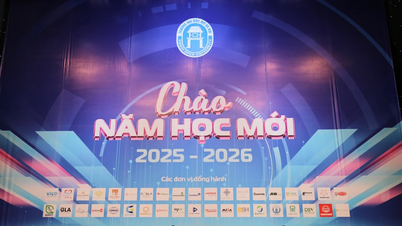



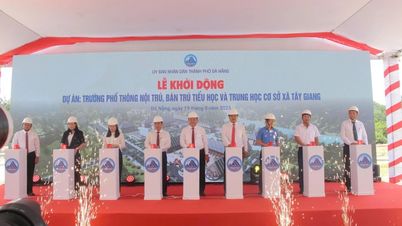




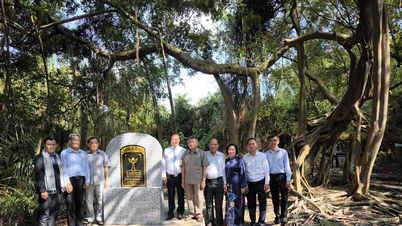




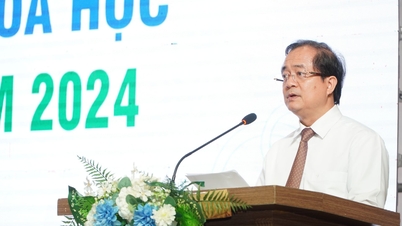











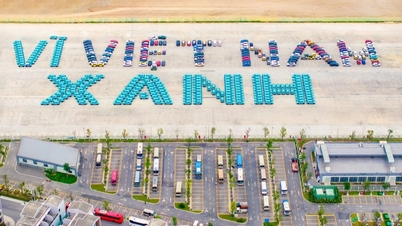

![[Maritime News] More than 60 containers fell off a cargo ship at Long Beach port (USA)](https://vphoto.vietnam.vn/thumb/402x226/vietnam/resource/IMAGE/2025/9/12/c091e4bb10e54291977aab80f5a41a9c)




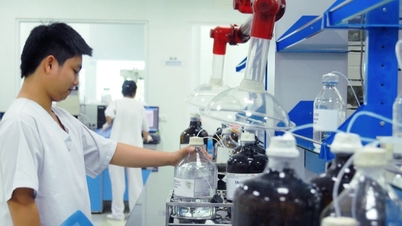





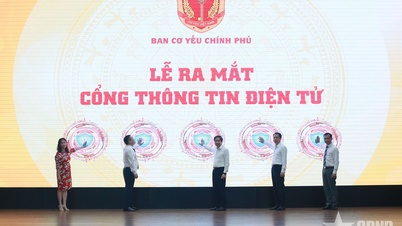
















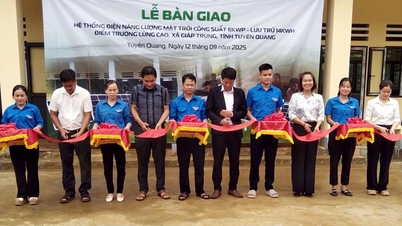

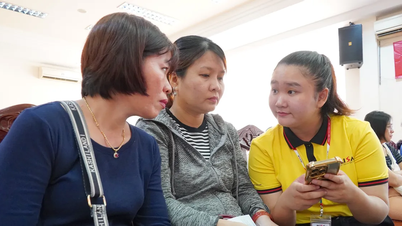




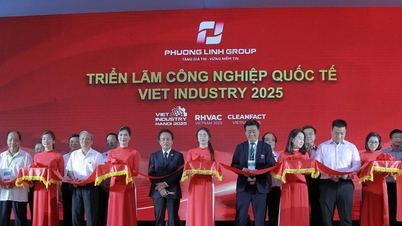






Comment (0)